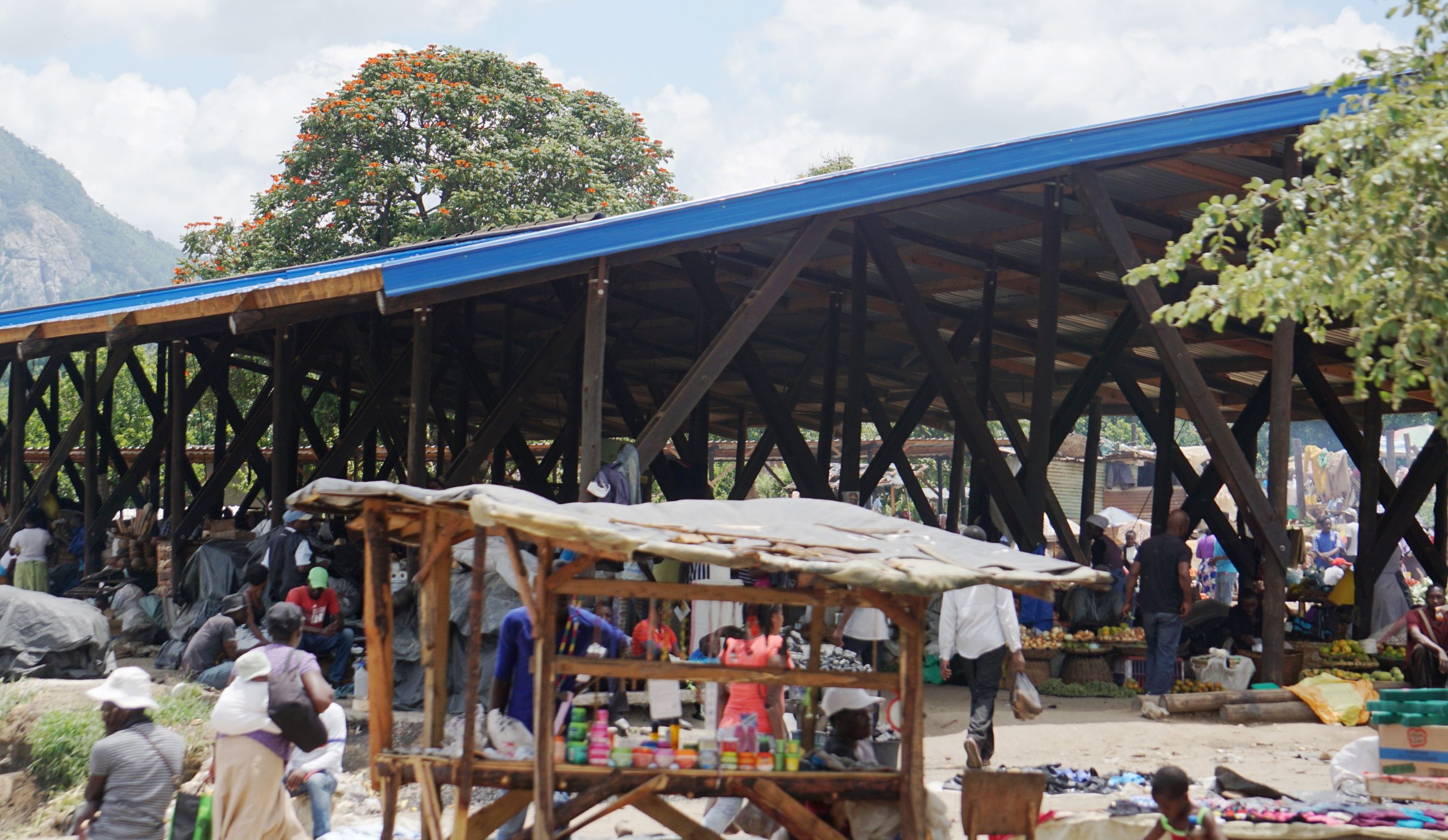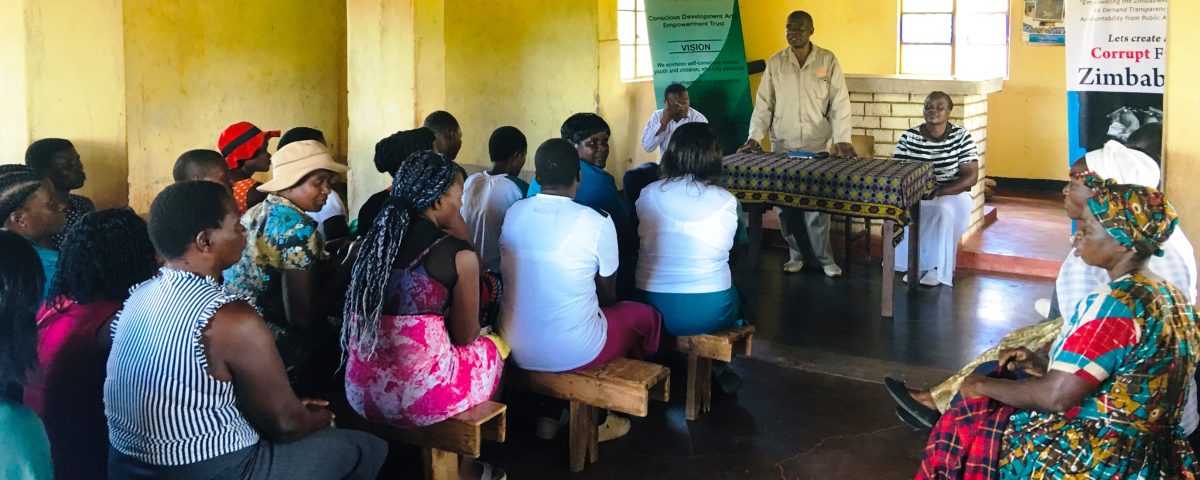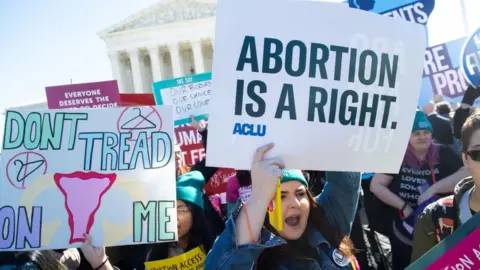
Government concerned about impact of climate change and mitigation
February 26, 2019
CSR Zimbabwe Guide launch on the cards
February 27, 2019Gvt urged to deal with partisan village heads stifling developmental initiatives

Chigodora ward 15 Councillor William Zunga (standing) during the recently held Joint Mobile Legal Aid workshop that was organised by Transparency International Zimbabwe (TIZ) in Chigodora village, east of Mutare.
Martin Muleya
GOVERNMENT has been urged to intervene and deal with village heads stifling developmental initiatives by dabbling partisan politics.
This was said during a recently held Joint Mobile Legal Aid workshop that was organised by Transparency International Zimbabwe (TIZ) in Chigodora village, east of Mutare in Mutare South constituency. In a sideline interview at the workshop, Ward 15 Councillor William Zunga said whilst his mandate in the rural district council was to advance development, his duty was being hampered by people whom he accused of throwing spanners rendering his plans useless in the process.
He appealed to the Ministry of Local Government, Public Works and National Housing and President Emmerson Mnangagwa to look into the matter and remove all village heads that were fingered to be dabbling in partisan politics especially on developmental initiatives, in the process fuelling disorder in the rural areas.
Clr Zunga said he was committed to work for the people in his ward to advance development in the spirit of national building, but his experience in rural areas as a winning councillor under the opposition party banner was contrary with what President Mnangagwa was preaching in regards to the gospel of peace for the betterment of development in the country.
“We are being affected very much here. I was elected into the Mutare Rural District Council as a councillor through an MDC Alliance ticket, but members of the ruling Zanu-Pf have made my life unbearable and are also throwing spanners in my development agenda in Chigodora. Most of the councillors from my party have already deserted their houses for dear life and are living in hide-outs. Some village heads are also causing confusion by telling their subjects not to follow our development agenda. Ever since we were voted into office we have been receiving threats and we are always on the run,” said Zunga.
It has now seven months after the 2018 July harmonised elections were held in which the incumbent President Mnangagwa garnered two thirds majority against MDC Alliance leader Nelson Chamisa. Some opposition party supporters in Chigodora however said they were contemplating relocating to other places for safety because of threats from villagers whom they claim to belong to the Zanu-PF party.
Some villagers that attended the Joint Mobile Legal Aid workshop alleged that most of them who belonged to the MDC Alliance were living in perpetual fear of acts of vengeance from staunch Zanu-PF supporters who purport that they supported the ‘wrong party’. President Mnangagwa last year immediately after winning the elections asked all the opposition leaders to join him in calling for peace and unity in the country, and promised that people’s civil liberties would be protected. He has been preaching the gospel of peace ever since and early this month invited the leaders of all political parties to come together, without preconditions, to begin a process of national dialogue encouraging all political parties to ‘put the people first and politics second.’ The national dialogue meeting came about after crisis reached breaking point in January when tens of thousands took part in nationwide protests after Government decided to more than doubled fuel prices. The demonstrations were however brutally crushed, leading to the deaths of 12 people reportedly according to human rights activists as well as documented cases of torture and sexual assault during the commotion.
Nancy Saurowe (49) from ward 15 concurred with Clr Zunga’s sentiments adding that as a staunch supporter of the MDC, she felt her rights were being trampled by those who support Zanu-PF in their village.
“We are being treated like second class citizen because we are labelled opposition party MDC supporters. Yes of cause, it is the party that I support since I have the freedom of choice as enshrined in the supreme law of the land, but this is now coming to me at a cost… Apart from the politics, another problem is that most women in this area are being physically abused by their husbands and have nowhere to report the matter particularly in situations where the offenders sometimes grease (bribe) police officers and the matter is swept under the carpet,” said Saurowe.
TIZ legal officer Tracy Mutowekuziva advised women who were facing any type of violations to approach the courts for a redress. She reiterated that in most cases, a number of women in the rural areas were suffering silently because they were not privy of how the law works in Zimbabwe.
“As TIZ we have heard numerous cases ranging from maintenance, assault, inheritance wrangles and murder cases among a plethora of cases where women are given a raw deal because they do not understand court procedures. We have decided to hold this one day workshop to enlighten you through our Joint Mobile Legal Aid, unpacking basic legal procedures, in case you find yourselves being taken to court as accused or complainants in various matters,” said Mutowekuziva.
Speaking at the same occasion Legal Aid Directorate Mutare administrator Evelyn Ngorima said her office was open to offer legal advice to everyone for free. She also said her organisation would be working closely with TIZ in the Joint Mobile Legal Aid project in fighting corruption as well as making sure that information on what are deemed to be ‘complicated’ court procedures is unpacked, particularly for women in the rural areas, so that they make an informed decision if ever they decide to appear before the courts for redress.
TIZ Mutare accountability and monitoring committee member Samuel Matikiti said they have since started rolling out programmes on social accountability, access to justice campaigns and more recently the joint mobile legal aid, for the benefit of people residing in the rural areas.
“We have projects on social accountability, access to justice campaign and the joint mobile legal aid where we want to unpack information relating to how these affect rural people’s livelihoods in their everyday life. We have done researches in various social sectors to establish which sectors are most prevalent with corruption. During this quarter we will be rolling out programmes to conscientise people on various forms of corruption and how it can be curbed,” said Matikiti.


